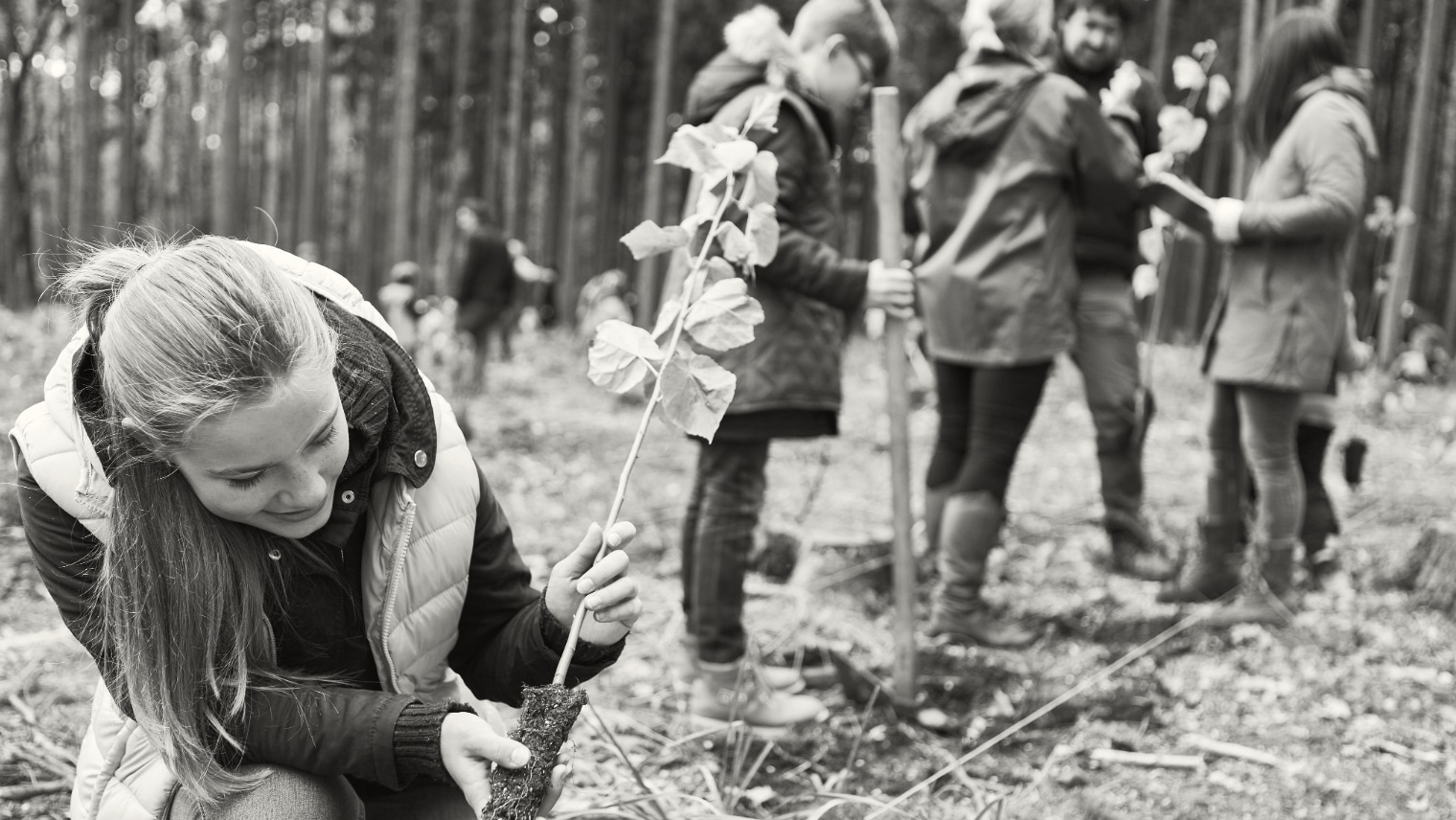Passing Down Your Legacy: A Philosophy for Family Philanthropy

Family philanthropy is a powerful way for families to make a positive impact on society while also fostering unity and shared purpose across generations. Especially working within a family office approach, families can integrate their philanthropic efforts with their broader financial and legacy planning, helping to apply a holistic and strategic approach to making a lasting impact.
Values: The Foundation of Family Philanthropy
In our work with client families, we often find that having a clear set of values can create a strong foundation for family philanthropy. Values help guide a family’s actions and decisions around their giving. They can help ensure that philanthropic activities align with the family’s core principles, leading to authentic and integrity-driven efforts. When a family operates together from a clear set of values, it can act as a guiding compass for making complex decisions about resource allocation.
Purpose: The Key to Enduring Impact
In addition to defining a clear set of values, having a strong purpose can help families looking to give together effectively, especially when dealing with multiple generations. A purpose that is well defined provides direction and motivation, ensuring that efforts are both focused and impactful. When families can envision the change they want to see in the world, the process for setting goals and measuring success becomes much easier. Purpose-driven philanthropy can also remain sustainable over the long term, as family members who are passionate about their cause(s) are more likely to stay committed and engaged.
Vision: Ensuring Continuity and Accountability in Families
And, finally, in addition to understanding family values and purpose, we find that families who share their vision for philanthropy can help pass their legacy down to the next generation. A statement of clear expectations can establish standards and goals that guide activities effectively and keep accountability among family members. Open communication about expectations and long-term vision can greatly improve the impact of long-term philanthropic efforts. By passing down clear expectations, families are more likely to see their philanthropic legacy continue to thrive across generations.
Tolleson’s Family-First Approach to Philanthropy
At Tolleson, we offer philanthropic strategy and use vehicles such as Donor-Advised Funds (DAFs) and private foundations. When viewing giving through a family engagement lens, engaging these strategies can help provide leadership skills and wealth competency for families looking to involve the rising generation of the family. These vehicles provide structured opportunities for younger family members to develop leadership skills through hands on experience, decision making, problem solving and learning about financial management. The opportunity to be more involved helps to develop a sense of responsibility, strategic thinking, and a deeper understanding of societal issues. It also prepares them to manage the family’s wealth and philanthropic legacy effectively.
We also know that family philanthropy is not limited to financial contributions. Families can also give through their time and voice. Volunteering time allows family members to engage directly with the community, understand issues firsthand, and build personal connections. Financial contributions are essential for supporting organizations and initiatives, but advocacy and raising awareness are also powerful tools. Families can work together to influence public opinion, shape policies, and bring attention to important issues. By leveraging time, money, and voice, families can maximize their philanthropic impact.
Overall, we find philanthropy brings families together to make a positive impact through shared values, clear purpose, and a defined vision. By setting a strong foundation with all of these elements, families can ensure that their charitable efforts are meaningful and sustainable across generations. Utilizing tools like Donor-Advised Funds and private foundations, families can work to develop leadership skills and financial competency in younger members. Beyond financial contributions, volunteering time and advocating for causes are also powerful ways to drive change. This approach not only supports important causes but also strengthens family bonds and preserves their philanthropic legacy.
Interested in increasing your impact and having a strategic giving strategy? Contact us to learn more.